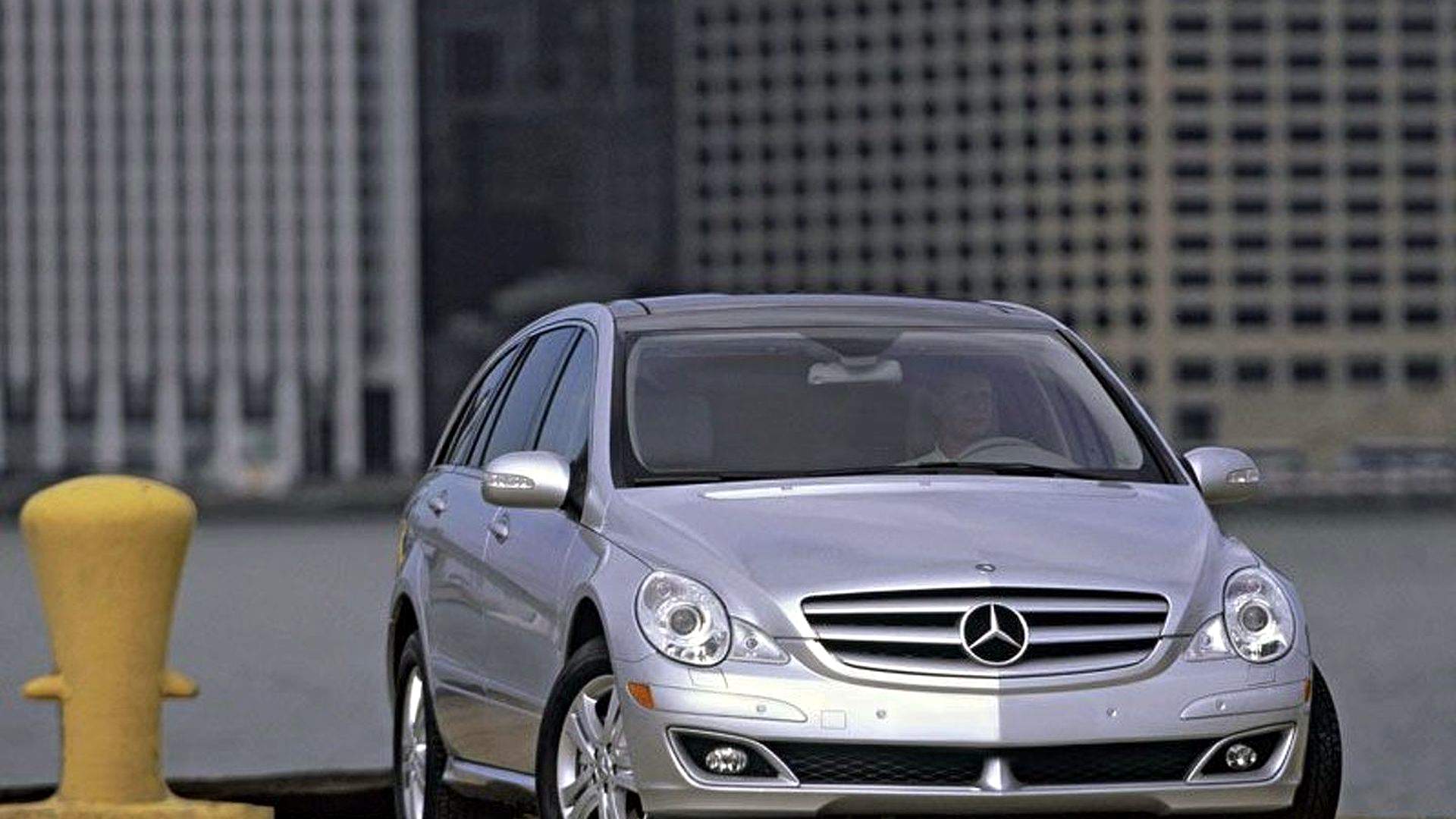Mercedes warns owners of 2006-2012 ML- and GL-Classes not to drive the vehicles until the recall repairs are complete.
Mercedes-Benz and the National Highway Traffic Safety Administration are advising owners who own the 2006-2012 model year ML-, GL- and R-Class to not drive these models until a recall is completed. The campaign is applicable to 292,287 vehicles in America. Mercedes has not been notified of any deaths, injuries, or crashes as a result of this issue.
We are asking affected customers to cease driving their vehicles. MBUSA will offer free towing for owners of affected vehicles, Mercedes stated in a statement sent by a Mercedes spokesperson to Motor1.com.
The brake boosters could have been corroded, which can severely impact their braking performance. The booster could also leak, which can cause more force to be applied to the pedal to slow down the affected vehicles.
Hard stopping in extreme cases could cause damage to the booster, causing the brake pedal not to work.
According to NHTSA, signs that a vehicle has a corroded brake boost include a different feel at the brake pedal. A hissing sound or airflow noise while applying the brakes is another sign. Mercedes will inspect affected vehicles to resolve the problem. According to the filing with NHTSA.

Mercedes will replace the brake booster if a vehicle fails to pass the additional test. The dealer will arrange alternate transportation if the parts are not immediately available.
The chronology Mercedes submitted to NHTSA states that the automaker began investigating the problem in July 2021, after receiving a report from the United States about a customer complaining of reduced braking support. Mercedes requested parts from the vehicle to be further analyzed. There were no injuries nor damage. The company discovered corrosion in the brake booster housing.
Mercedes started a field investigation in September 2021 to determine the extent of the problem. It also started research in November to determine the source of the corrosion problem. The automaker could only find one case in the United States that had a corroded brake booster causing poor stopping performance by March 2022. The company conducted a recall on May 2, 2022 after determining that there was a safety risk.